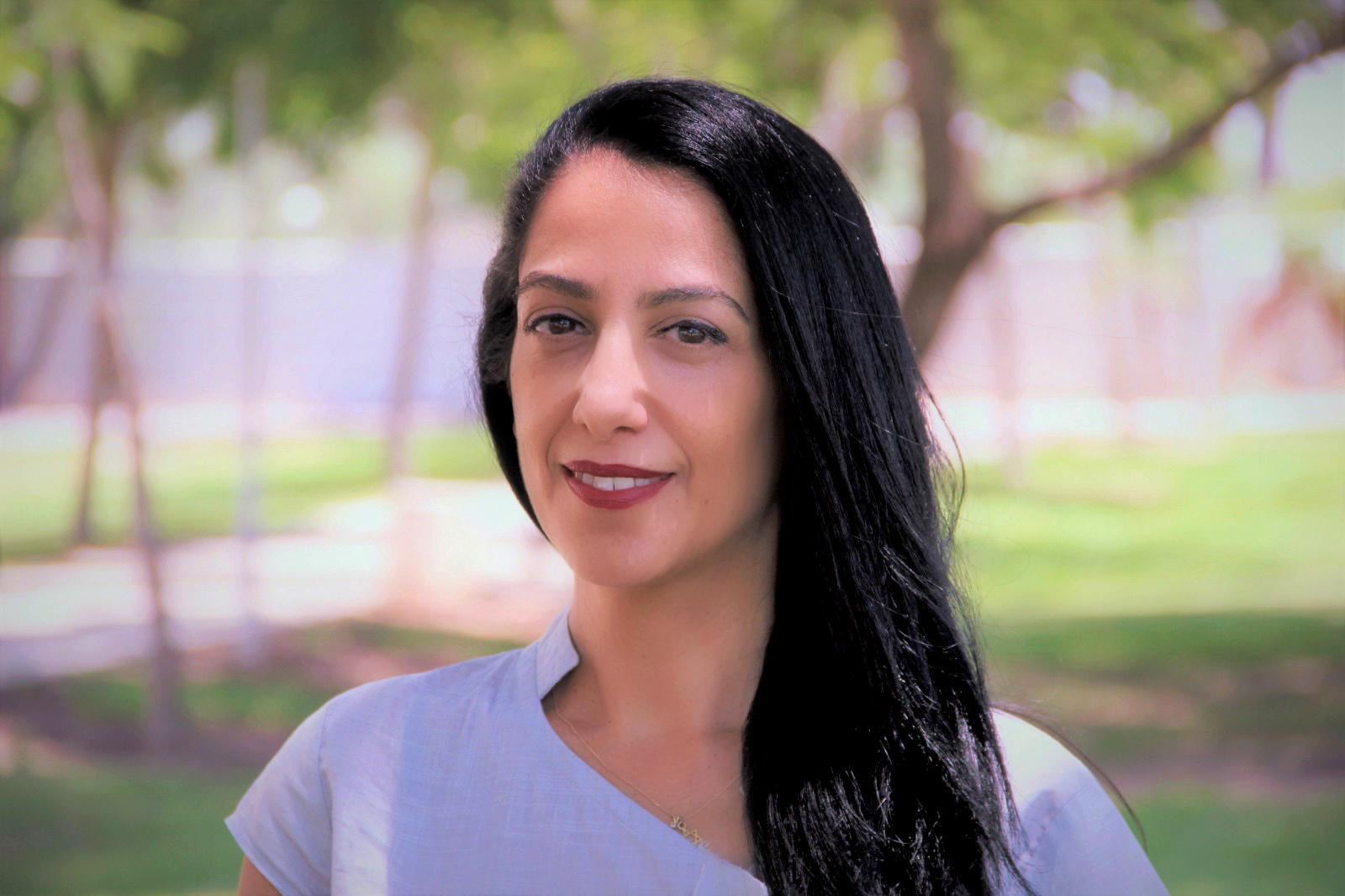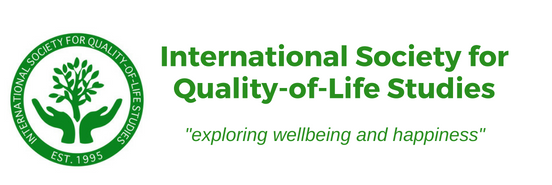
Public sector employee’s emotional well-being in challenging time
Dr. Lihi Lahat
The work of many people around the world is at stake – with the Corona pandemic, some people are temporarily laid off, and others have lost their jobs altogether. For those who still have jobs, the ways of working are changing. During these challenging times, it is especially interesting to examine the factors affecting employees’ well-being. Can we do things, even now, to improve well-being?
While the interest in the topic of well-being in the workplace is not new, few researchers have examined public sector employees’ well-being, especially in a comparative perspective. A study I conducted with Dr. Dganit Ofek, recently published in the Review of Public Personnel Administration, explored factors affecting the emotional well-being of public sector employees in seven countries: Germany, the Netherlands, the United Kingdom, Belgium, Spain, France, and Italy. These countries have diverse administrative cultures, so one might expect differences in the drivers of well-being.
The findings revealed that the country context and the work surroundings were more influential than the fact of belonging to the public sector. Another interesting finding was that soft features of the work environment, such as discretion over the workday, a good work-life balance, and social interactions, were more important to emotional well-being than hard features, such as the type of contract or position (e.g., managerial). Moreover, these variables had a different effect in different countries. For example, the French administrative culture involves bureaucrats in policy decisions; consequently, in France, participation in decision making had a more profound effect on public employees’ well-being. In Spain, characterized as a culture of strong family and social ties, social relationships were more important.
The findings are interesting, especially given the current demand for human resource divisions around the world to find new ways to better their employees’ well-being. The study raises our awareness of the important connection between the administrative culture, work surroundings, and well-being.
It seems that when HR departments attempt to improve public sector employees’ well-being, they should focus on the soft features of the work surroundings. For example, during the Covid-19 pandemic, involving employees in organizational decision making on what changes and flexibilities to implement in the work routine may support their well-being. Another example could be to create interactive forums so workers can share their experiences and ways of operating in this challenging period. When implementing different steps, however, it is important to consider the unique features of the country’s administrative culture and not automatically embrace HR strategies from another country. Finding strategies attuned to the features of a specific country may better address public sector employees’ emotional well-being
For the full paper see:
Lahat, L., & Ofek, D. (2020). Emotional well-being among public employees: A comparative perspective. Review of Public Personnel Administration
https://doi.org/10.1177/0734371X20939642
https://www.researchgate.net/profile/Lihi_Lahat
1An early version of this post was published in Hebrew on the Espanet Israel website.
Lihi Lahat(Ph.D., Tel Aviv University, Israel) is a senior lecturer in the Department of Administration & Public Policy at Sapir Academic College and Affiliate Associate Professor, Azrieli Institute of Israel Studies, Concordia University, Montreal. Her papers have been published in journals such as Policy Sciences, Social Policy & Administration, International Review of Administrative Sciences, Journal of Management and Governance and Poverty & Public Policy.
